Master of Middle Eastern Cultural Studies UGM held a Scientific Writing Workshop for all students on Monday, November 18, 2024 in the Multimedia Room, Margono Building, Faculty of Arts UGM. This activity aims to help accelerate the process of students in writing a thesis. The event invited an expert lecturer in intercultural studies, Dr. Hindun, M.Hum. and was attended by the Head of the Department of Intercultural Studies, Prof. Dr. Sangidu, M.Hum., Secretary of the Department of Intercultural Studies Dr. Mahmudah M.Hum. as well as all students of the Middle East Cultural Studies Study Program from batch 2022 to 2024.
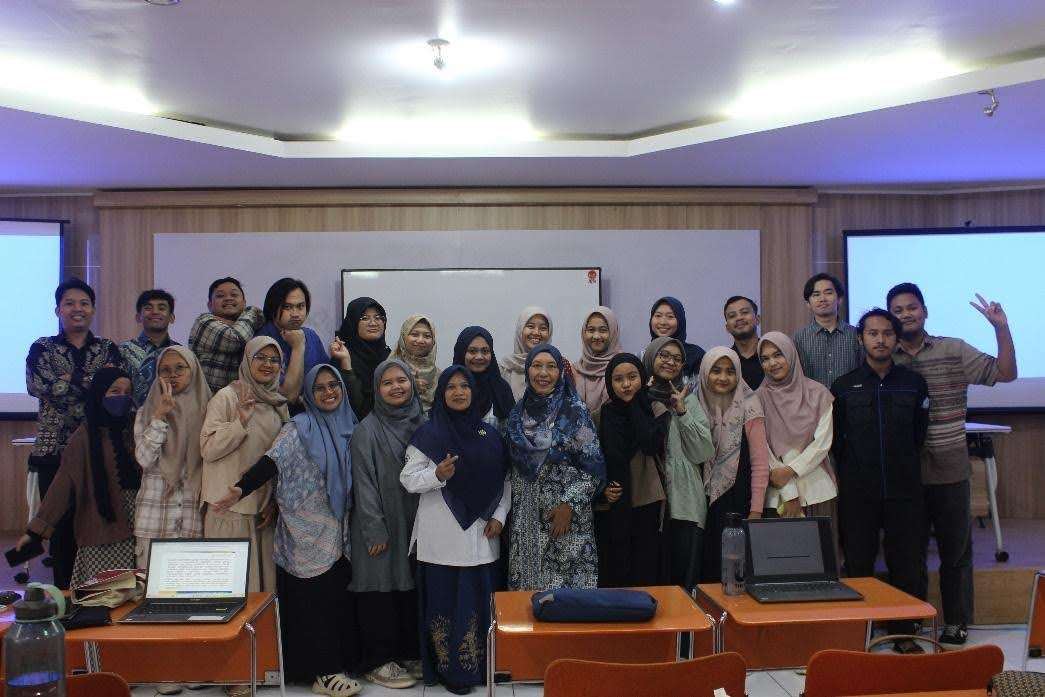
In opening the event, Prof. Sangidu as the Head of the Department of Interculture said that this activity needs to be utilized as well as possible to deepen the theory and methods of scientific research, especially in the scope of thesis research. The material presented was related to the big theme of the KBTT Study Program’s research, namely making works of literature and Arabic as a “window” in seeing phenomena in society. Dr. Hindun also said that students must be up-to-date in the use of theories, especially in the use of social theory and critical theory. Thus, KBTT students are expected to master intercultural theories and develop them in their final project research.

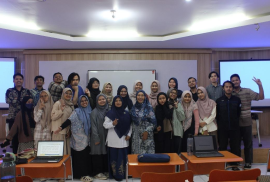
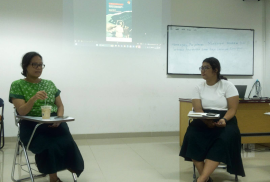
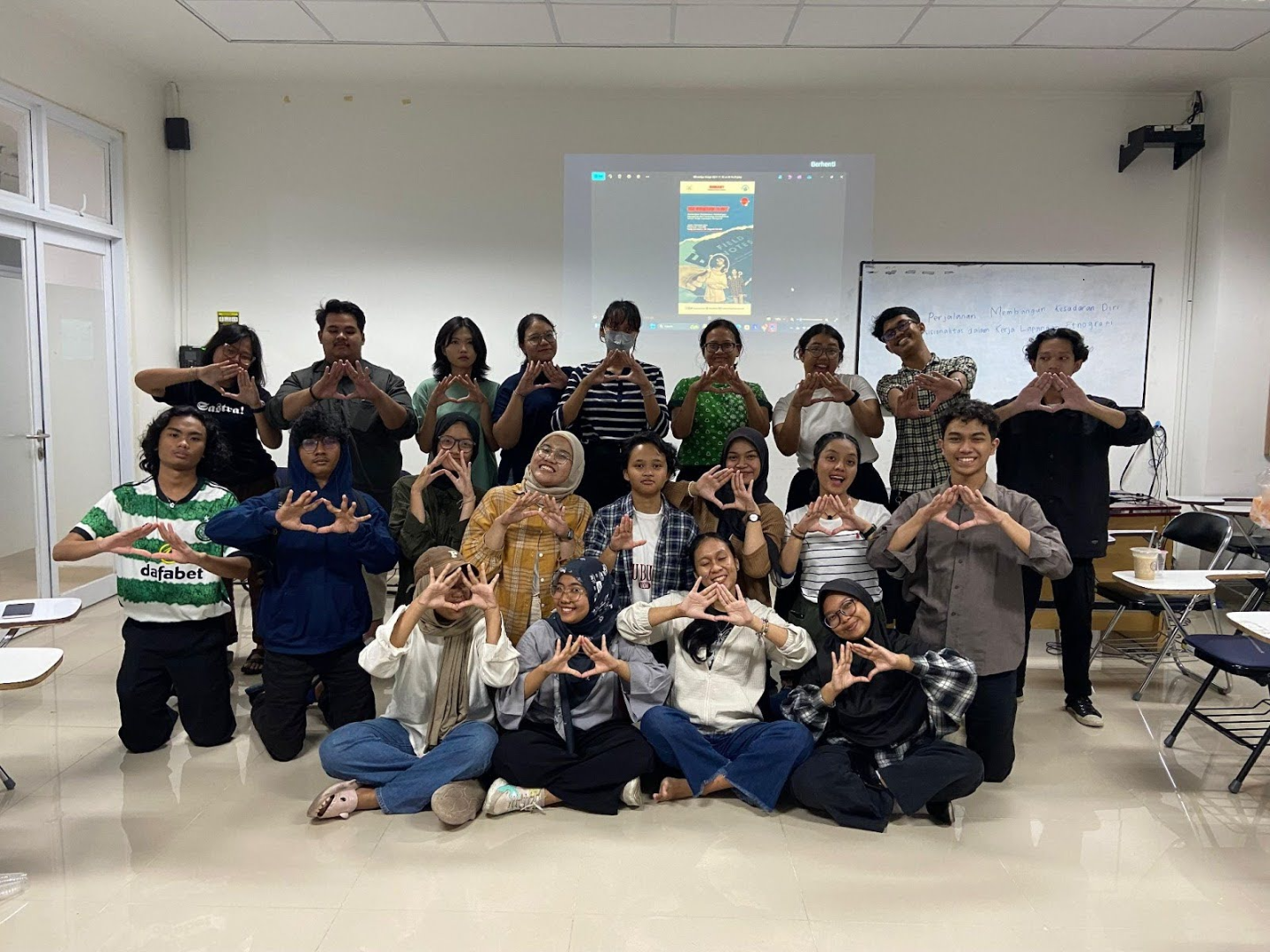
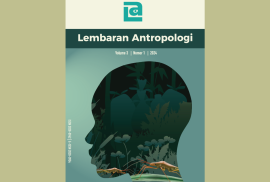
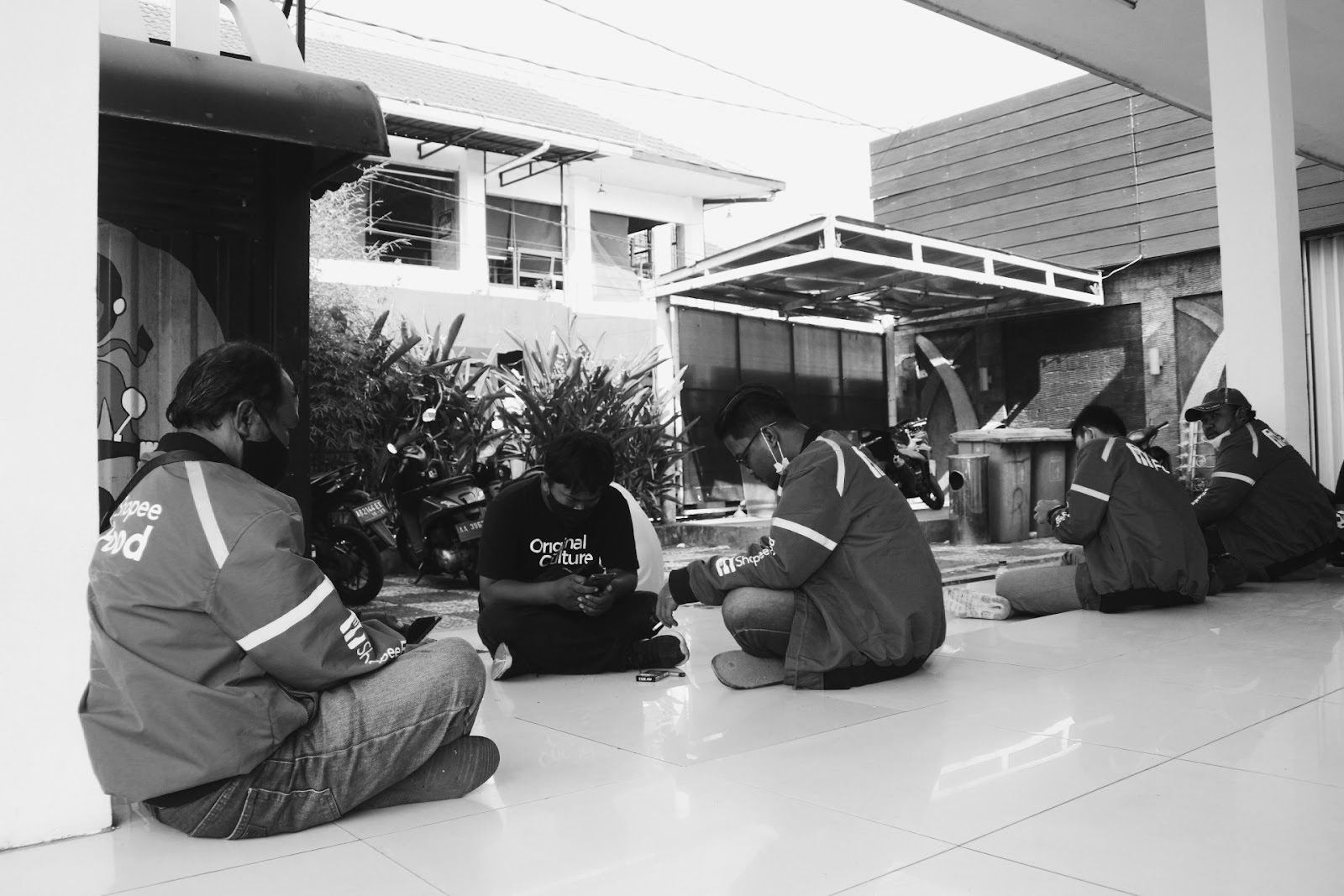
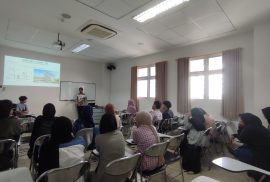
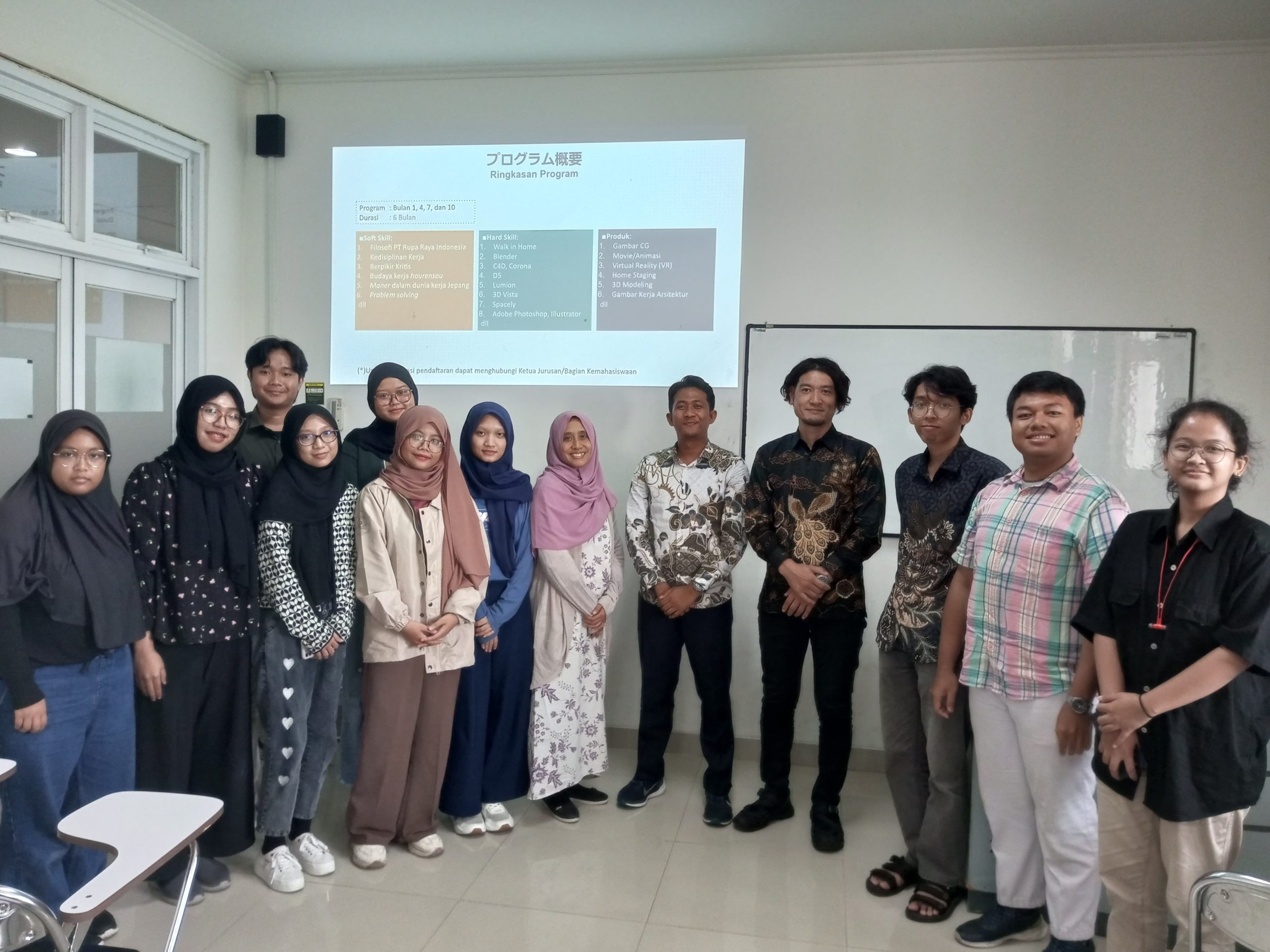 After the presentation, the activity then continued with a question and answer session about job openings because the arrival of PT. Rupa Raya was also to inform the opening of vacancies that opened on November 1, 2024 related to the opening of their branch in Semarang. After that, various other questions were also asked by the participants. The activity then ended with a group photo.
After the presentation, the activity then continued with a question and answer session about job openings because the arrival of PT. Rupa Raya was also to inform the opening of vacancies that opened on November 1, 2024 related to the opening of their branch in Semarang. After that, various other questions were also asked by the participants. The activity then ended with a group photo.
